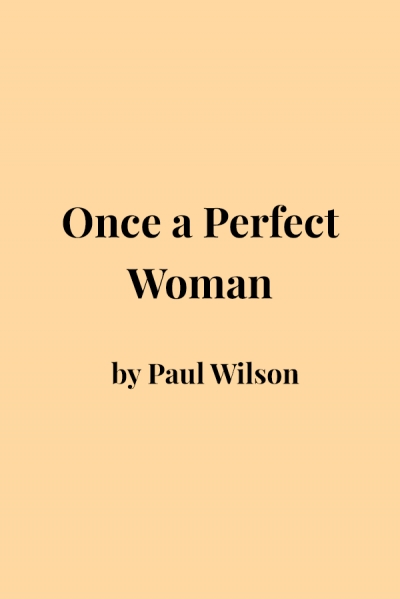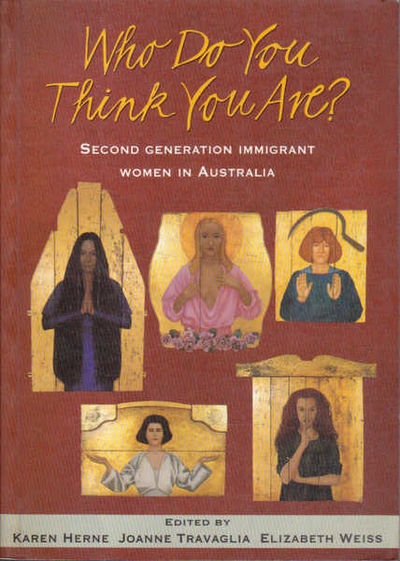Archive
Dear Editor,
Ron Pretty’s review of Jane Interlinear & Other Poems raises a few lexical points with me. One is my spelling of ‘til’ for ‘till’. While I recognise that the dictionaries are unanimous, what I see and hear is a straightforward and widespread contraction of ‘until’, with neither the suggestion of agriculture (till) nor the redundant apostrophe (‘til) which Stephen Murray-Smith forbids in Right Words. Today’s solecism is tomorrow’s orthodoxy.
... (read more)I don’t know how all the jumping, throwing, sweating and grimacing went, but that opening ceremony for the Olympic Games in Barcelona was hallucinogenic. I’ve never seen so many men in leather-look congregating under lights! And wasn’t that rippling sea effect fantastic? Who’d imagine you could do so much with the new synthetics. How wonderful for the Barcelonians to have snaps for their family albums of pop as a water drop.
... (read more)Modern Australians live of course in a concourse or babble of discourses. We make our way through the bubble-and-squeak of chopped-up value systems. There is no tall hierarchy of speakings, no league ladder. Nor is there anything as redgum-solid as permanence; if anything, transience is taken as proof of the genuine.
... (read more)







